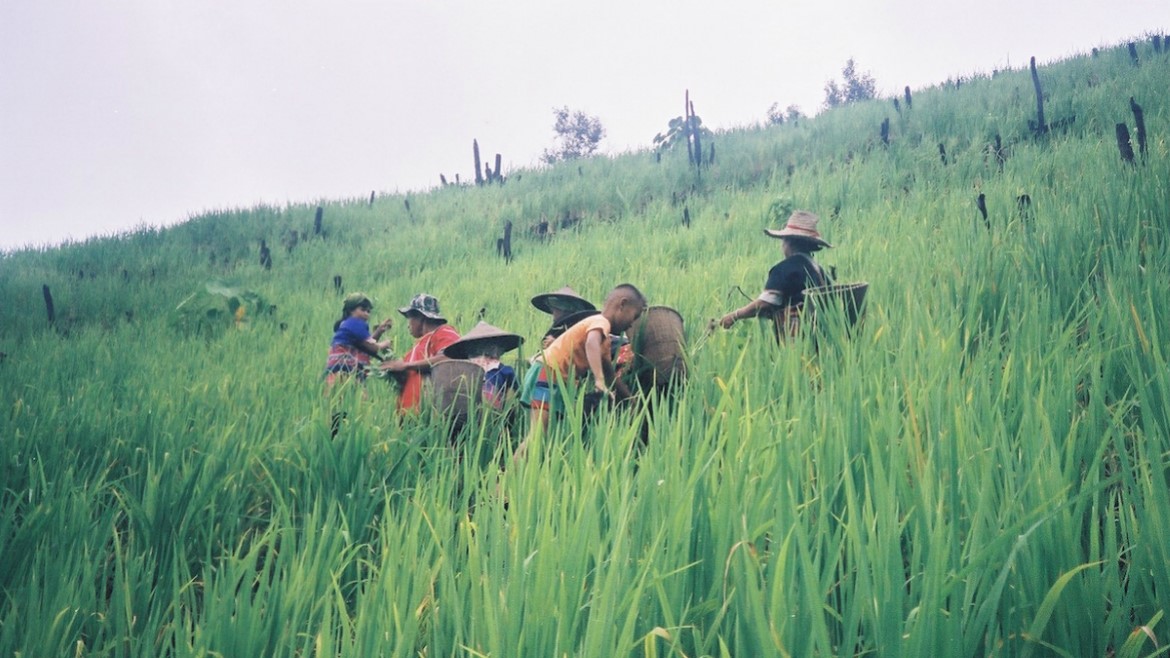
Strengthening indigenous peoples to protect rights and livelihoods
Organization
The Asia Indigenous Peoples Pact (AIPP)
This project aims to secure land rights for indigenous peoples in Vietnam and Myanmar in REDD+ through sustained capacity building for indigenous peoples and engagement with governments and key stakeholders.
Why
Majority of the indigenous peoples in Myanmar (known as ethnic nationalities who comprise around 68% of the 51 million total population) and Vietnam (known as ethnic minorities who comprise 14% of the 90 million total population) are living and dependent on their forest resources. It is thereby imperative for them to engage in REDD+ for the protection of their rights and livelihoods, equitable benefit-sharing and to contribute the most in climate change mitigation with secure land rights. They have been advocating for their full and effective participation and for the protection of their rights in REDD+ strategy and related REDD+ actions and programmes.
As Myanmar and Vietnam are still getting ready for REDD+, there is a need for indigenous peoples’ representatives to strenghten their capacity to carry out effective advocacy, lobby and networking; to initiate partnership with government and REDD+ actors; and to initiate strategic interventions through different avenues including REDD+ technical working groups. Indigenous peoples in Vietnam are represented in the Programme Executive Board of the UN-REDD Programme. The Ministry of Environment Conservation and Forestry has committed to implement the Cancun safeguards and ensure the implementation of Free, Prior and Informed Consent (FPIC) in REDD+.
Budget
Norad intends to offer NOK 30 million in total for the period 2016-2020.
What
The Asia Indigenous Peoples Pact (AIPP) is implementing the project that aims to:
- strengthen the capacity of indigenous peoples for advocacy and leadership;
- facilitate indigenous peoples’ engagement with governments resulting in policy review and reforms;
- secure indigenous peoples’ access to their lands for livelihoods and sustainable forest management.
Overall, the intervention is focused on strengthening local tenure and rights. This is vital to address deforestation and forest degradation. This became evident in AIPP’s previous partnership with indigenous peoples’ organizations in REDD+ in different countries in Asia. The recent researches on climate change and land right have upheld and supported this.
Expected results
At the end of the project, indigenous peoples in Vietnam and Myanmar would be capable and confident to dialogue and engage with governments for the protection of their rights and livelihoods; and would be partnering with governments and REDD+ actors for sustainable forest management and effective climate change mitigation.
Partners
The implementing partner organizations are Chin Human Rights Organizations (CHRO) in Myanmar and Centre for Sustainable Development in the Mountainous Areas (CSDM) in Vietnam.
CHRO will work with indigenous peoples in Myanmar namely; Naga and Kuki in Sagaing region, Lai, Zomi, Khumi, Cho, Mara and Matu in Chin State and Asho is northern Rakhine State.
CSDM will work with Tay, Nung, Thai, Hmong, Dao, Cham, Day, and K’ho in Bac Kan, Lao Cai and Binh Thuan Provinces. These are also the pilot provinces of the UN-REDD Programme in Vietnam.
About the project descriptions
The project descriptions give insight in the NICFI portfolio for civil society organisations supported by Norad.
The descriptions presented are written by the project partners. Only minor edits have been undertaken by Norad. Their presentations and conclusions do not necessarily reflect the views of Norad.
